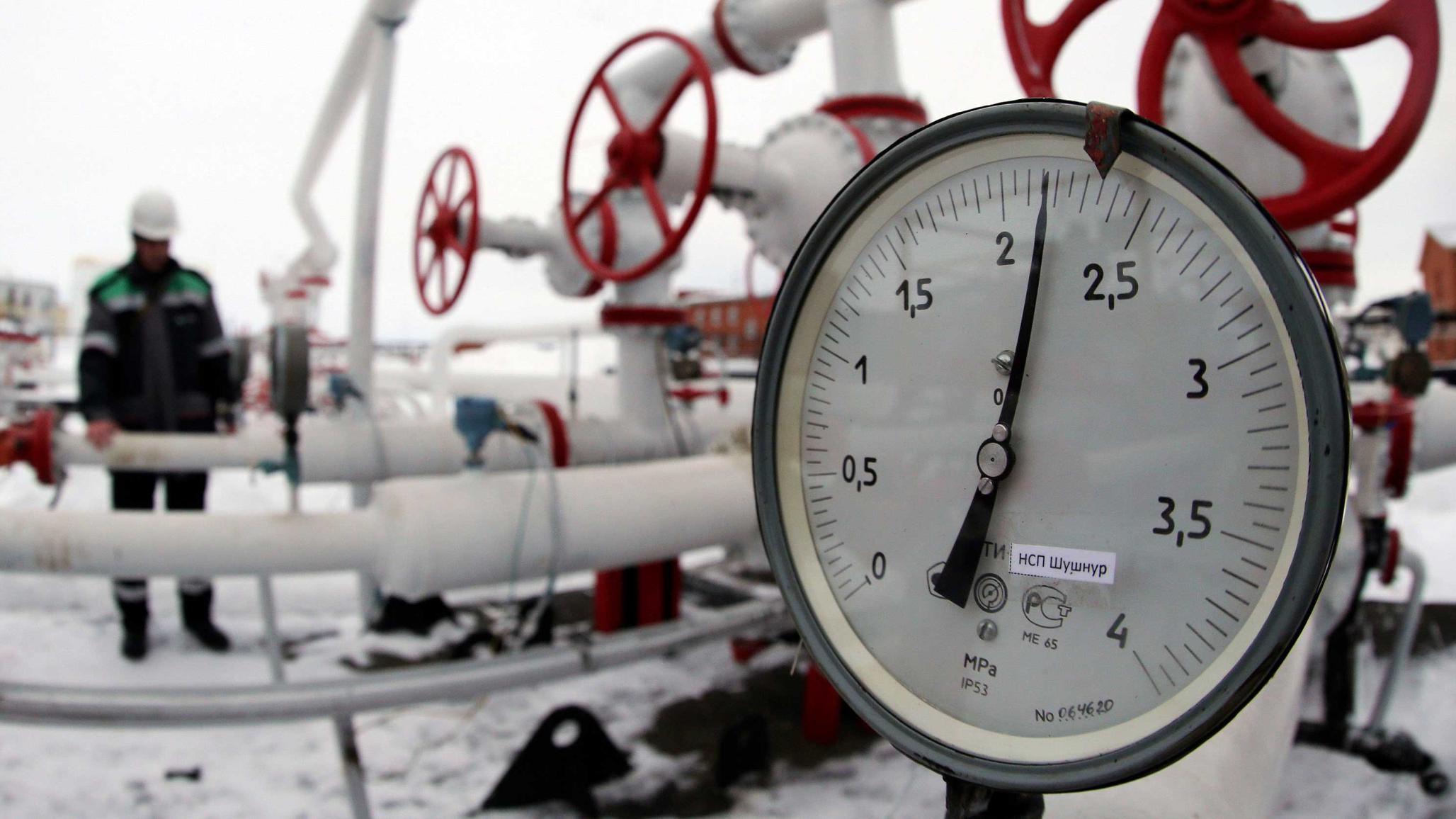Summary of Testimony
Honorable members of the Commission and esteemed staff, thank you for the opportunity to testify today. It is both a pleasure and an honor to present my views before the Commission.
My name is Elina Ribakova, and I am the director of the International Affairs Program and vice president for foreign policy at the Kyiv School of Economics, non-resident senior fellow at the Peterson Institute for International Economics and at Bruegel.
My testimony today is not on behalf of any organization and should be considered as reflecting my own views alone. The testimony draws on a large body of research that I have conducted – including with my colleagues at the Peterson Institute for International Economics and the Kyiv School of Economics – on economic statecraft, sanctions, and export controls. It also reflects my prior experience in the financial markets and at the International Monetary Fund.
There are several key messages that I would like to convey in my testimony:
- The economic relationship between Russia and China has undergone a significant change since the start of Russia's full-scale invasion of Ukraine and the imposition of sanctions on the country by the United States and its allies.
- The relationship is symbiotic but deeply asymmetrical. China has become an indispensable partner for Russia, providing the markets for Russia's exports and access to critical inputs, while Russia is a beneficial but inessential to China, who opportunistically exploits commercial ties without engaging in a full partnership.
- Russia's ability to continue its war against Ukraine and to challenge the rules-based international order is entirely dependent on Chinese support. Russia would have neither the financial means to pay for the war, nor the technology required on the battlefield without China's help with sanctions evasion and circumvention.
- While China does not officially embrace Western sanctions, it attempts to minimize risks posed by sanctions. Chinese companies, including banks, are wary of transactions that may expose them to sanctions or jeopardize their commercial interests which extend far beyond the relatively small Russian market.
- The Russia-China relationship is not without tensions despite somewhat aligned objectives and Chinese support is not without limits. Russia's increasing reliance on the Chinese market, China-based circumvention networks, and Chinese financial infrastructure creates new vulnerabilities for Russia.
- The challenge posed by Russia and China to the rules-based international order is a concerted joint effort. China is Russia's lifeline in the current situation, but, following a potential settlement to the war in Ukraine and potential removal of sanctions from Russia, their roles may reverse.
- It is possible to envision a scenario where in case of rising tensions between the US and China, Russia helps China circumvent sanctions imposed on China by the US and others. Fundamentally, Russia will owe China and enable it as much as possible.
My key policy recommendations for congressional consideration are as follows:
- Revise the current energy sanctions framework to remove Russian oil from the market in a manner that raises costs for Russia, without granting China the benefit of cheaper energy. Russia is a key energy competitor to the U.S., which, alongside other producers, is capable of absorbing the loss of Russian oil barrels from the global market.
- Thoroughly examine the Russia sanctions case for lessons applicable to China policy.
- Approach the task of improving controls on critical technology exports to Russia as a pilot with possible applicability to a future confrontation with China. This includes strengthening the enforcement measures focused on Chinese entities and individuals involved in the evasion and circumvention of Russia-related technology restrictions as well as stepped- up due-diligence by Western companies.
- Leverage the primacy of the US and Western financial systems for global sanctions enforcements. The Russia case shows that, despite concerns about attempts by countries such as Russia and China to move away from Western systems, the power of financial sanctions remains very much intact.
Let me conclude by stressing that the challenges emanating from Russia and China with regard to US interests around the world are somewhat similar. Therefore, the Russia case can teach important lessons with regard to any policies with regard to China.
Furthermore, it is important to understand the challenge from these countries to US primacy and the rules-based international order as a concerted and joint effort. China may be Russia's lifeline in the current situation but, following a settlement to the war in Ukraine and potential removal of sanctions on Russia, the shoe may quickly be on the other foot.
I am deeply grateful for the opportunity to address these critical issues and look forward to your questions.


